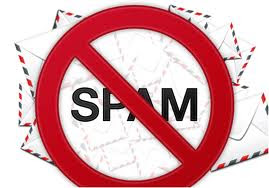

When people buy a computer, many times they forget the importance of protecting their investment. This can lead to viruses, spyware, and other harmful programs gaining access to the computer and ultimately ruining it. In order to prevent this from happening, new computers should have computer security, which is most commonly known as an antivirus program. There are three main antivirus programs that are used to protect the computer. Norton, AVG, and Trend Micro are the best choices when trying to find computer security.
The first program that should be considered is Norton Antivirus. While many swear by the greatness of Norton, there have been many issues as well. Like any software, there are going to be pros and cons, and these should carefully be looked at. Several years ago, Norton used to be a horrendous program. The list of problems was endless and it sometimes acted like a virus itself.
One of the flaws of this software is that it sometimes is too protective. It sometimes alerts of a threat when there is not really one. False positives are the only problem and can easily be dealt with. Overall, the AVG Antivirus is one of the best on the market and even has a free version to download.
With the new updates to Norton, it not only functions much better, but it is also one of the best on the market. There are still problems with the software and it sometimes does not function well with other applications. Overall, Norton is worth the small purchase price, and it is much better than not having this type of protection.
The next candidate to be considered is AVG Antivirus. This software is newer than most, but it is still one of the easiest to use and it is a very powerful program. With the new 2011 version, AVG is better than ever. It now includes social networking protection and a link scanner to add to the arsenal of protection. Included with this software is an anti-spyware program and full protection online. It keeps users from going to harmful websites and scans emails before they are opened.
The final antivirus application on the list is Trend Micro. For the price, this is one of the better options for computer users because it offers one of the best levels of protection that can be hard to find for this price. It offers an amazing protection range and is very effective when it comes to finding viruses and other harmful programs. While it may not have the fancy tools available elsewhere, it is still one of the best when it comes to computer security.








